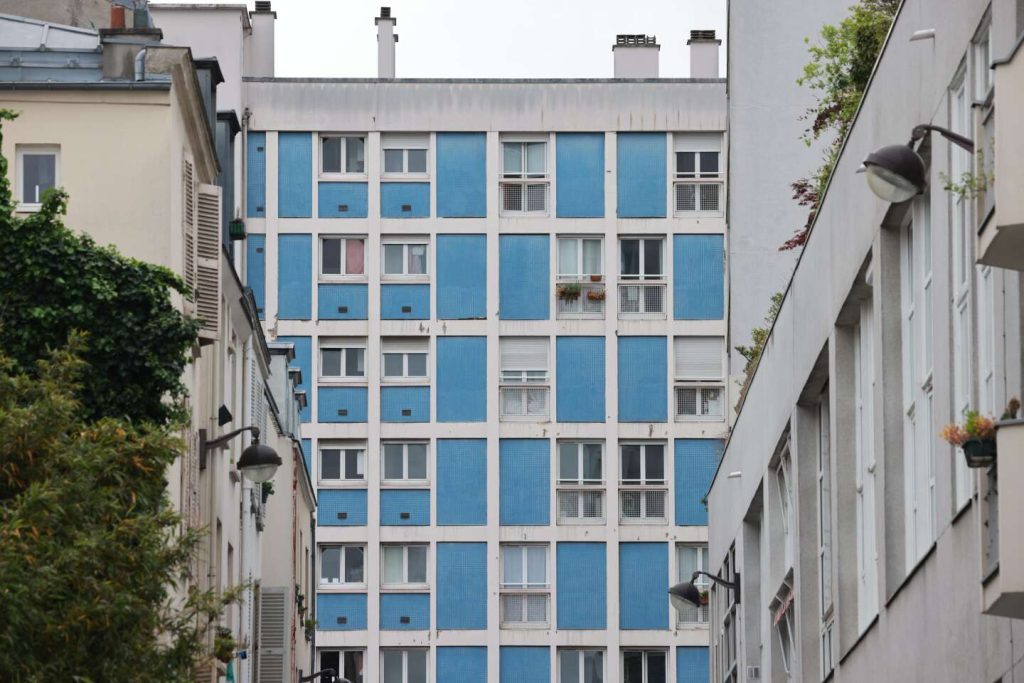A new housing bill presented on May 3rd in Paris aims to amend the 2000 Solidarity and Urban Renewal Law (SRU) which requires certain urban areas to have a minimum of 20% or 25% social housing. The new bill, proposed by the Minister Delegate for Housing, Guillaume Kasbarian, seeks to introduce flexibility by allowing cities that do not meet their SRU targets to include intermediate rental housing for upper middle-class individuals in their social housing quota. However, this flexibility is only applicable to 650 municipalities that already have 10% or 15% social housing, and they can only include a quarter of intermediate housing in their new construction goals. The ultimate objective of reaching 20% or 25% social housing remains, with the aim of giving municipalities in arrears more time to comply and reducing their financial penalties.
Many local officials and housing advocates are critical of the proposed changes, arguing that they undermine the symbolic importance of social housing. There are concerns that further amendments to the bill may occur, particularly if the government comes under pressure from right-wing or far-right parties. The National Housing Council, which represents various stakeholders in the housing sector, including professional associations, social landlords, elected officials, and tenant associations, has expressed opposition to the bill. The potential impact of the proposed changes on the overall availability of social housing and the broader objectives of social inclusion and urban development are key concerns.
The decision to amend the SRU law has raised questions within the housing sector about the motivations behind the proposed changes. Many mayors, with few exceptions, had previously accepted the SRU requirements. The French Mayors’ Association emphasized that they were not requesting these changes and expressed surprise at the government’s decision. Some experts argue that the focus should be on extending the SRU law to areas facing housing affordability challenges, rather than diluting the existing requirements. It is unclear why the government decided to pursue these amendments, as they were not recommended in reports from the National Housing Council, which oversees SRU compliance.
The proposed amendments have sparked debate and opposition from various stakeholders within the housing sector. There are concerns about the potential impact on social housing provision, urban development, and social inclusion. Critics argue that the focus should be on addressing housing affordability challenges in areas where residents struggle to find affordable housing. The government’s decision to introduce flexibility in the SRU law has been met with skepticism and caution, as stakeholders raise questions about the long-term implications of the proposed changes. The future trajectory of housing policy in France, particularly in relation to social housing and urban development, remains uncertain as the bill undergoes further scrutiny and debate.


